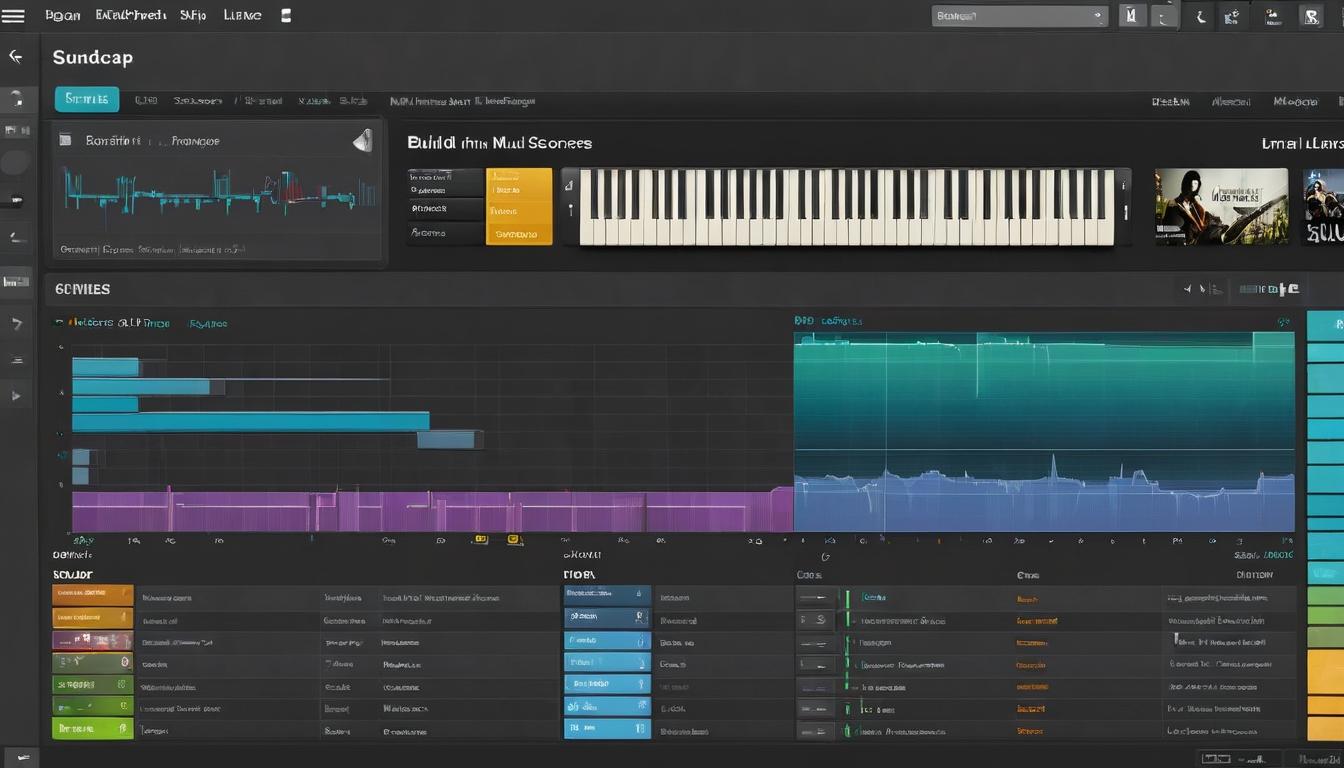The projector flickers to life, the studio logos fade, and then it happens—that first musical note that tells you everything about the film you're about to experience. While audiences flock to theaters for A-list actors and visionary directors, there's another creative force working in the shadows, one whose contributions often go unnoticed until they're absent. Film composers are the secret architects of our emotional journeys through cinema, and their craft is undergoing a revolution that's reshaping how we experience movies.
Walk into any recording session today, and you'll find composers navigating a landscape that would be unrecognizable to their predecessors. The days of purely orchestral scores dominating Hollywood are giving way to a new era of sonic experimentation. Composers like Hildur Guðnadóttir, who won an Oscar for her groundbreaking work on Joker, are proving that sometimes the most powerful scores come from unexpected places—in her case, using a single cello to channel the protagonist's descent into madness. This shift represents more than just changing tastes; it's a fundamental rethinking of what film music can accomplish.
The tools of the trade have evolved dramatically. Where composers once relied solely on pen, paper, and live musicians, they now command digital audio workstations that can simulate entire orchestras or create sounds that have never existed before. Yet the most interesting development isn't technological—it's philosophical. Composers are increasingly moving away from traditional melodic themes toward what some call 'sound design composition,' where the score becomes an environmental element rather than a narrative guide. Think of the pulsating, almost subconscious rhythms in Denis Villeneuve's Dune or the way the music in A Quiet Place becomes another character in the story.
This evolution hasn't happened in a vacuum. Streaming platforms have created unprecedented demand for original content, which means more work for composers but also new challenges. The binge-watching model has led to what industry insiders call 'score fatigue'—the difficulty of creating music that remains compelling across eight or ten hours of television. Some composers are meeting this challenge by developing modular themes that can evolve throughout a season, while others are creating distinct musical identities for different characters or locations within the same series.
Independent cinema has become a laboratory for musical innovation, freed from the commercial pressures that often constrain big studio productions. Low-budget films are experimenting with everything from found sound—using everyday objects as instruments—to algorithmic composition, where computers generate musical patterns based on emotional cues in the script. These experiments frequently trickle up to mainstream productions, proving that financial constraints can sometimes breed creativity rather than stifle it.
The relationship between directors and composers has also transformed. Gone are the days when a composer would receive a finished film and simply 'add music.' Today's collaborations often begin during pre-production, with composers involved in script discussions and sometimes even visiting sets. This deeper integration allows music to become woven into the film's DNA rather than layered on top of it. The most successful partnerships—like Christopher Nolan and Hans Zimmer or Wes Anderson and Alexandre Desplat—function as creative dialogues where music and image develop in tandem.
Globalization has brought diverse musical traditions into mainstream cinema, enriching the palette available to filmmakers. Composers are drawing from African rhythms, Middle Eastern modes, and Asian instrumentation, creating scores that reflect our interconnected world. This cross-pollination isn't just about exotic sounds—it's about different approaches to storytelling through music. In some traditions, music serves to connect rather than emphasize, to suggest rather than declare, and these subtle differences are changing how Western audiences experience film narrative.
Yet for all these innovations, the fundamental purpose of film music remains unchanged: to make us feel. Whether through a sweeping orchestral theme that lifts our spirits or a minimalist electronic pulse that raises our heart rates, film music operates on our nervous systems in ways we're only beginning to understand. Neuroscience research suggests that film music doesn't just accompany emotions—it actively creates them, triggering physiological responses that make fictional events feel real to our bodies.
The business side of film composing is undergoing its own transformation. Royalty structures have shifted with the decline of physical media and the rise of streaming, while new platforms for soundtrack releases have emerged. Some composers are bypassing traditional distribution altogether, releasing their scores directly to fans or creating expanded versions with bonus tracks. This direct connection with audiences represents a significant shift in how film music is consumed and valued.
Looking ahead, the role of the film composer seems destined to become even more integral to the filmmaking process. As virtual production and AI-assisted filmmaking become more common, composers may find themselves working alongside these technologies, using them as tools rather than being replaced by them. The human element—the ability to understand emotional nuance and cultural context—remains the composer's unique contribution, something no algorithm can replicate.
What's clear is that we're living through a golden age of film composition, even if most moviegoers don't realize it. The next time you find yourself moved to tears or gripping your seat in suspense, pay attention to the music. That invisible hand guiding your emotions belongs to one of cinema's true artists, working in the spaces between the dialogue and the action, creating the emotional weather that makes great films unforgettable experiences.
The unsung heroes: how film composers are changing cinema's soundscape

